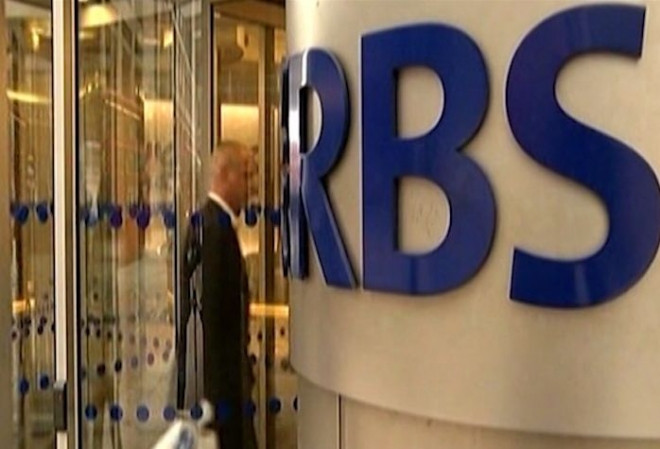Mis-selling Derivatives: RBS Used Only 16% of Redress Fund and Refuses Consequential Loss Allocation

The Royal Bank of Scotland has only used around 16% of the money it set aside to deal with the mis-selling derivatives scandal and has, again, refused to allocate funds for consequential loss claims.
According to the group's 2013 financial results, RBS has set aside a total of £1.25bn (€1.5bn, $2.1bn) for the mis-selling of interest rate swap agreements (IRSA) but has only used £200m of this by 31 December 2013.
What is an IRSA?
Interest rate swap agreements are contracts between banks and customers where typically one side pays a floating or variable rate of interest and receives a fixed rate of interest payments in exchange.
Such contracts are used to hedge against extreme movements in market interest rates over a given period. Companies that saw the value of these products move against them as rates fell during the recession now owe banks inordinate sums of money in yearly interest payments.
RBS granted staff £576m in bonuses for 2013 despite the part nationalised lender losing £8.2bn over the past year.
The bank revealed in the same breath that will cough up over half a billion pounds in extra pay rewards as well as try to cut operating costs by £5.3bn.
However, RBS could face even more financial pain in the future as it has, again, refused to set aside any cash for consequential loss claims related to swaps mis-selling.
"Customers may also be entitled to be compensated for any consequential losses they may have suffered," said RBS in its 2013 financial results statement.
"RBS is not able to measure reliably any liability it may have and has accordingly not made any provision."
It added that out of the £1.25bn set aside for swaps mis-selling, £300m of this for administrative expenses.
What are Consequential Losses?
Consequential loss claims, which involve the party providing evidence that it incurred losses as a result of the IRSA, are filed separately to the Financial Conduct Authority's (FCA) review scheme.
This means that while a bank can make an initial redress offer - a product tear-up or switch and/or compensation - if a company is claiming for consequential losses on top of this, then it would have to wait until after the banks have assessed the application for damages.
Previously under the FCA interest rate hedging product review, no redress payments could be made from banks to customers until the entire process of determining redress was completed.
This prevents a party being able to make claims over and over again and costing firms multiple sets of bills from fresh reviews.
However, on 23 October, RBS revealed that it will pay all customers, which were mis-sold IRSAs, redress payments before consequential losses are determined.
© Copyright IBTimes 2025. All rights reserved.






















